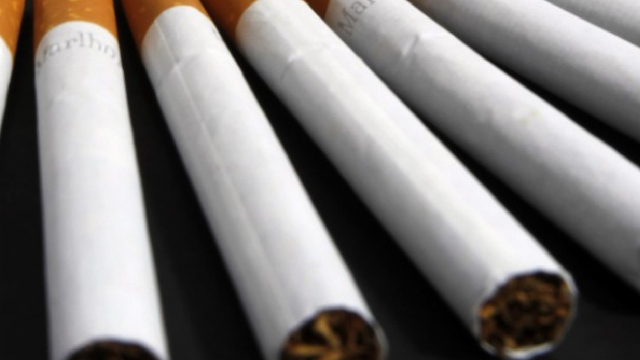Downgrading British American Tobacco: A Closer Look
Why I Downgraded my Rating
After careful consideration, I have decided to downgrade my rating for British American Tobacco (BAT) from a strong buy to a hold. This decision was primarily driven by the slower than expected shift from combustibles to non-combustibles products within the company.
Currently, combustibles still account for 80% of BAT’s revenue, which is concerning given the global trend towards healthier alternatives. With the looming threat of declining volumes over the next decade, I believe that the current high dividend yield is at risk.
While the 8% yield may be tempting for investors, it is important to note that the 10-year (dividend adjusted) returns for BAT underperform when compared to the S&P500 and other industry peers such as Philip Morris and Japan Tobacco.
The Impact on Investors
For investors, this downgrade means that it is crucial to reevaluate their portfolio and consider diversifying their holdings. While BAT may still offer some value, the potential decline in volumes and dividends could negatively impact overall returns.
The Global Perspective
From a global standpoint, BAT’s struggles with the shift to non-combustibles products highlight the broader challenges facing the tobacco industry. As more countries implement stricter regulations and consumers become more health-conscious, companies like BAT will need to adapt quickly to stay relevant.
Conclusion
In conclusion, the decision to downgrade British American Tobacco is a reflection of the company’s slow response to changing market dynamics. While the high dividend yield may be attractive in the short term, the long-term risks associated with declining volumes and changing consumer preferences cannot be ignored. Investors should proceed with caution and consider other investment opportunities in the industry.





